Reese Witherspoon's New Movie Sheds Light on US Lives of Sudan's Lost Boys
The Oscar winner plays a counselor tasked with finding them jobs.
— -- Reese Witherspoon's latest campaign has taken the famous actress who has appeared in such movies as "Legally Blonde" and won an Oscar for "Walk the Line" far from the glamor of Hollywood.
"It was one of those things where I was like, 'I can't not do this movie 'cause it's so important to me," Witherspoon told ABC News.
Witherspoon's new movie, "The Good Lie," tells the story of the Lost Boys and Girls of Sudan, orphaned children who walked thousands of miles, without food or shelter, to escape the civil war in 1983.
Fifteen years later, a humanitarian effort brought 3,600 Lost Boys and Girls to the US to start new lives.
"The Good Lie," set to be released Oct. 3, is inspired by the children's stories as well as the UN program that brought them to the US. The actors playing the Lost Boys were either Lost Boys themselves or descendants of Lost Boys and all of them fled Africa for the US or UK as children.
"The Good Lie" producers launched a fund this month to help raise monies for those in the Kakuma refugee camp, which Witherspoon visited in 2013 with her daughter during the filming.
“it was very illuminating for a kid from America, seeing people sleep on concrete slabs and children running around, trying to find food.” Witherspoon told ABC News’ anchor Amy Robach. “They don't have their churches, they don't have their schooling, they don't have their community, and many people have lost their entire family."
Click here for more information on the Good Lie Fund.
In the film, Witherspoon plays a tough-talking employment counselor who is assigned to find the Lost Boys jobs when they first reach the US.
Some of Witherspoon's costars lived that hardship, including Emmanuel Jal, a hip hop artist and former child soldier.
"This is the story of my home," Jal said. "This is the voice of those who was not heard."
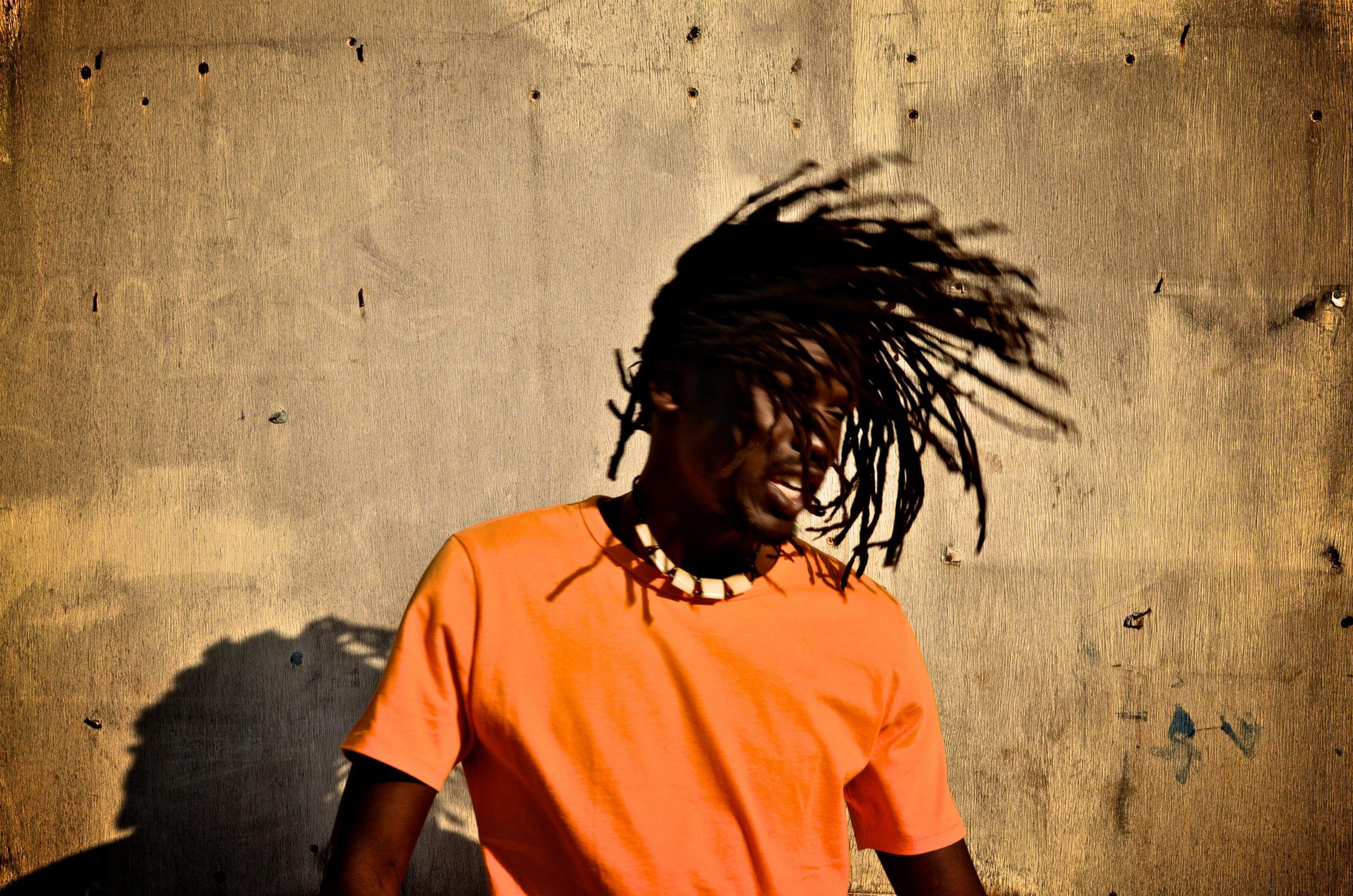
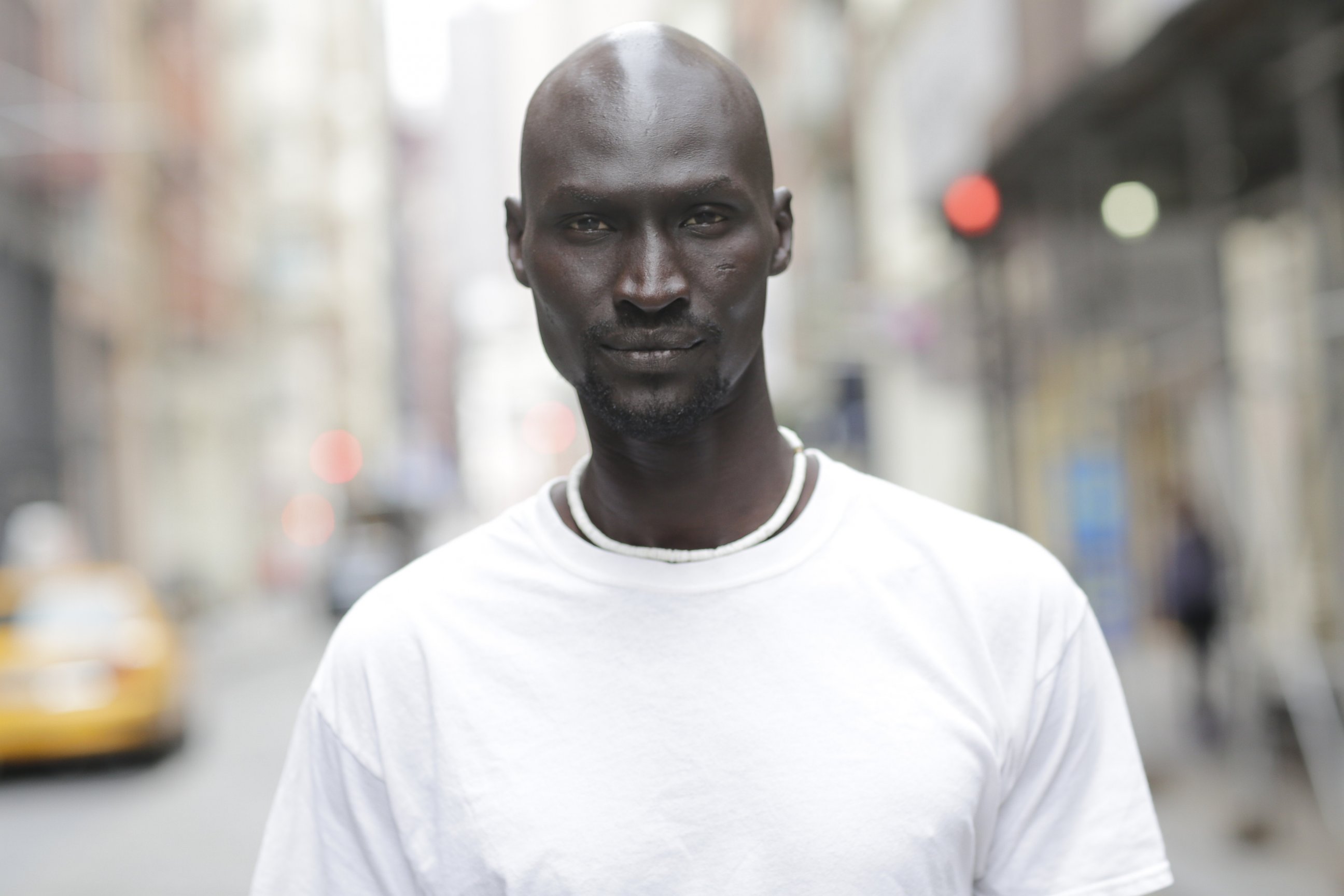
"The Good Lie" is not just about where the Lost Boys started, though; it's also about how far so many have come.
On Wednesday night, former Lost Boys Thon Chol, Kuol Awan, John Dau and Moses Ajou, as well as several others, were honored during a special gala and congressional screening of the movie. The gala also helped raised nearly $400,000 for the Good Lie Fund, with all monies going to the Kakuma camp.
Chol, a former Senate intern, works for the government of Washington, D.C., and is a leader in the Lost Boys community, and more broadly as a refugee advocate. Awan fled Sudan in 1987. He now lives in Phoenix, Arizona, serving as executive director of The Lost Boys Center for Leadership Development in Phoenix.
Dau fled Sudan in 1987 and resettled in Syracuse, New York, in 2001, and is now the president of John Dau Foundation. And Ajou joined the U.S. Air Force and served tours in Iraq and Afghanistan.
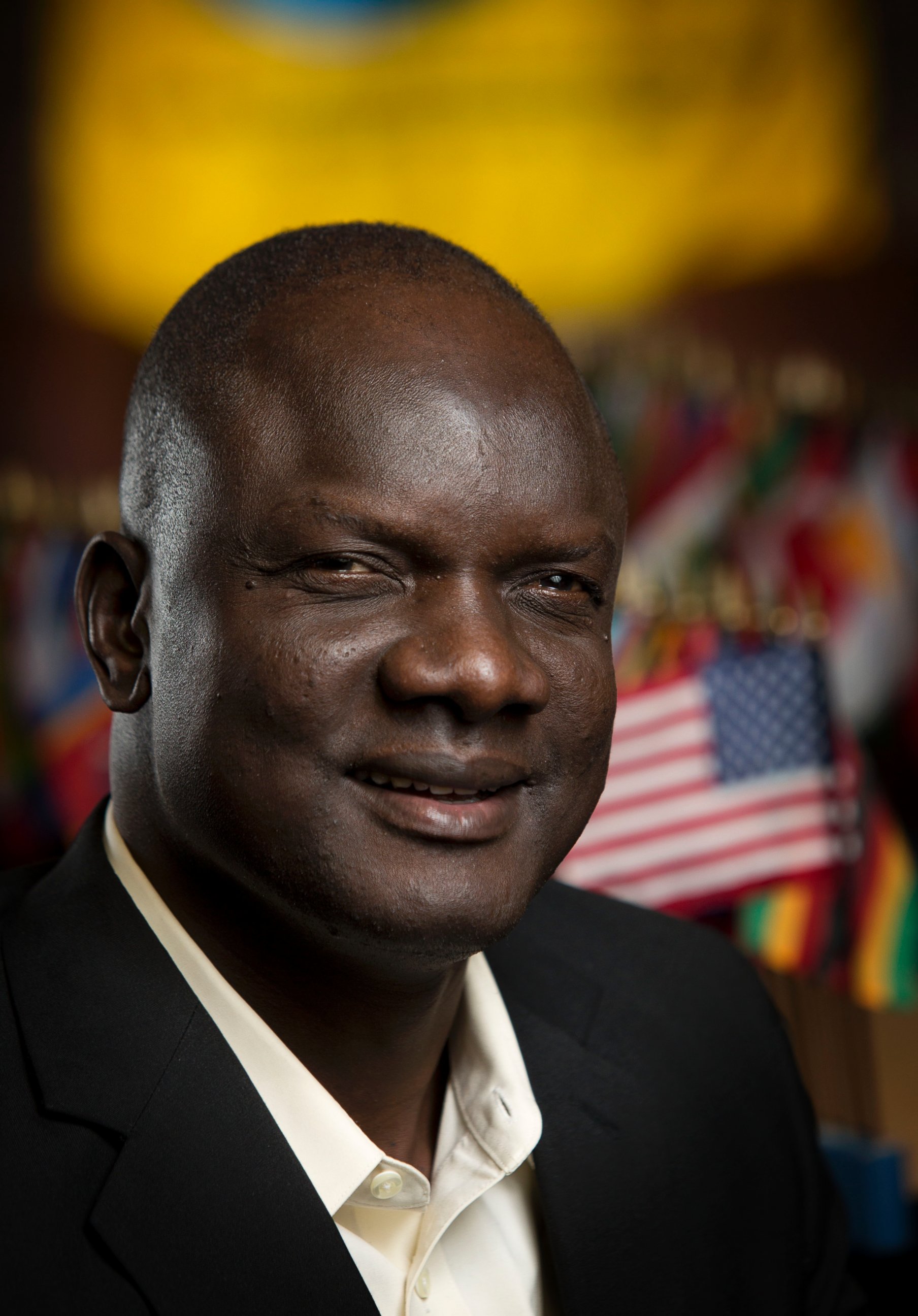
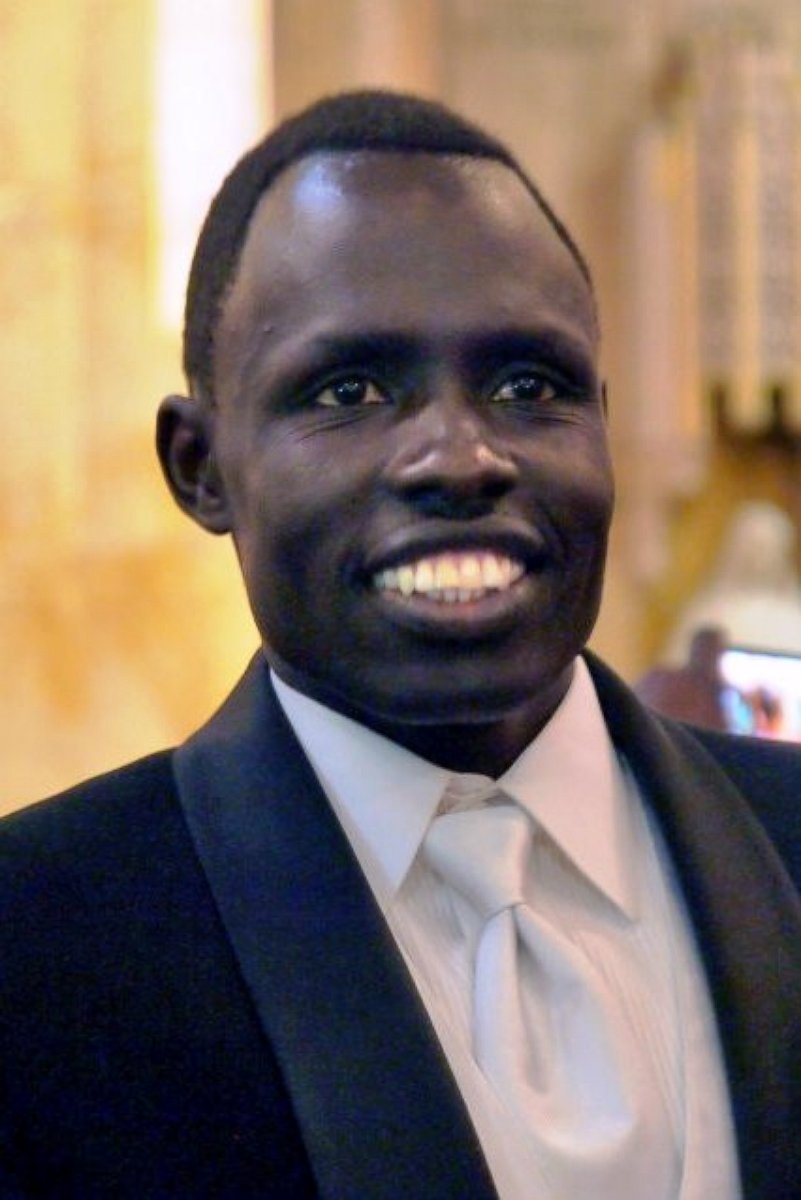
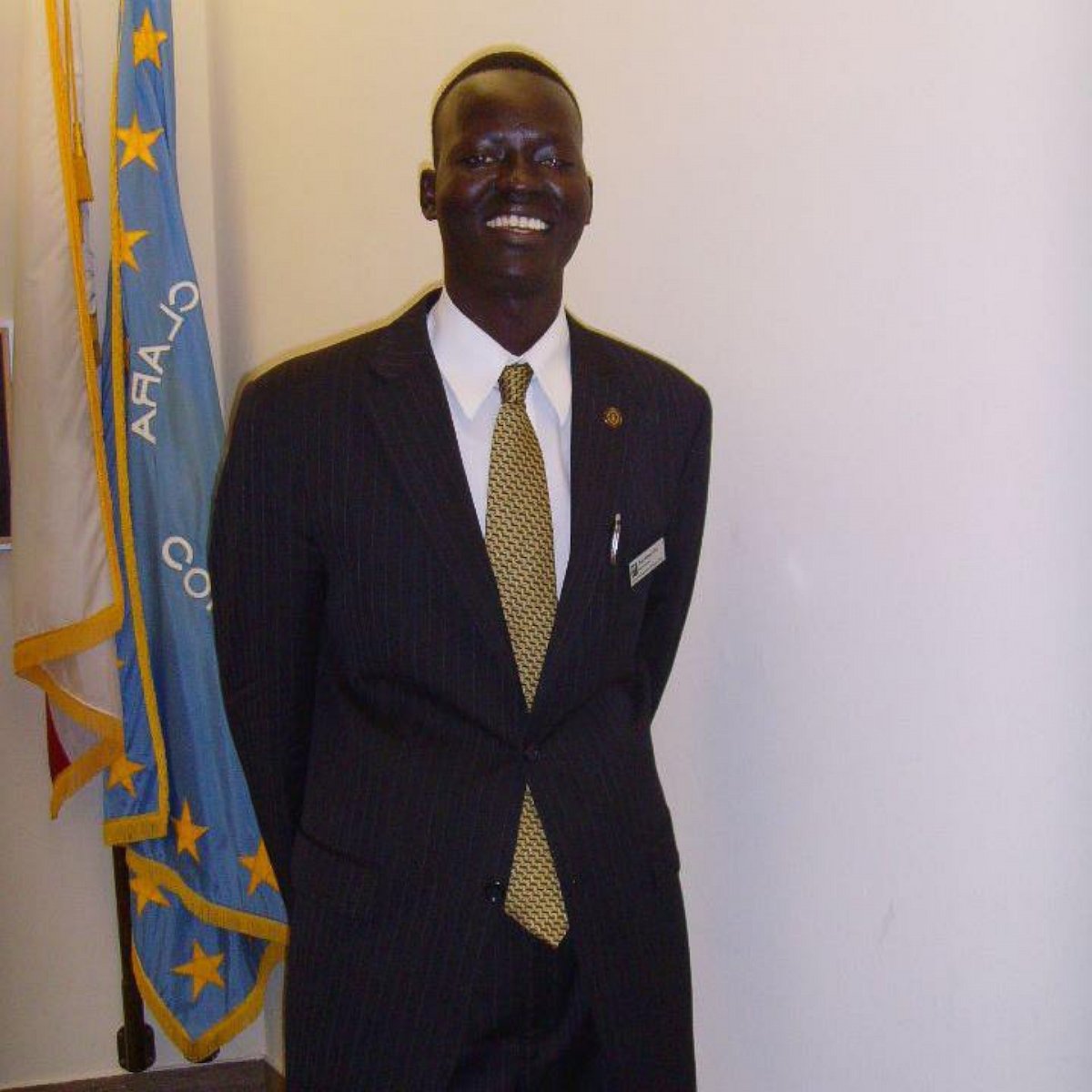
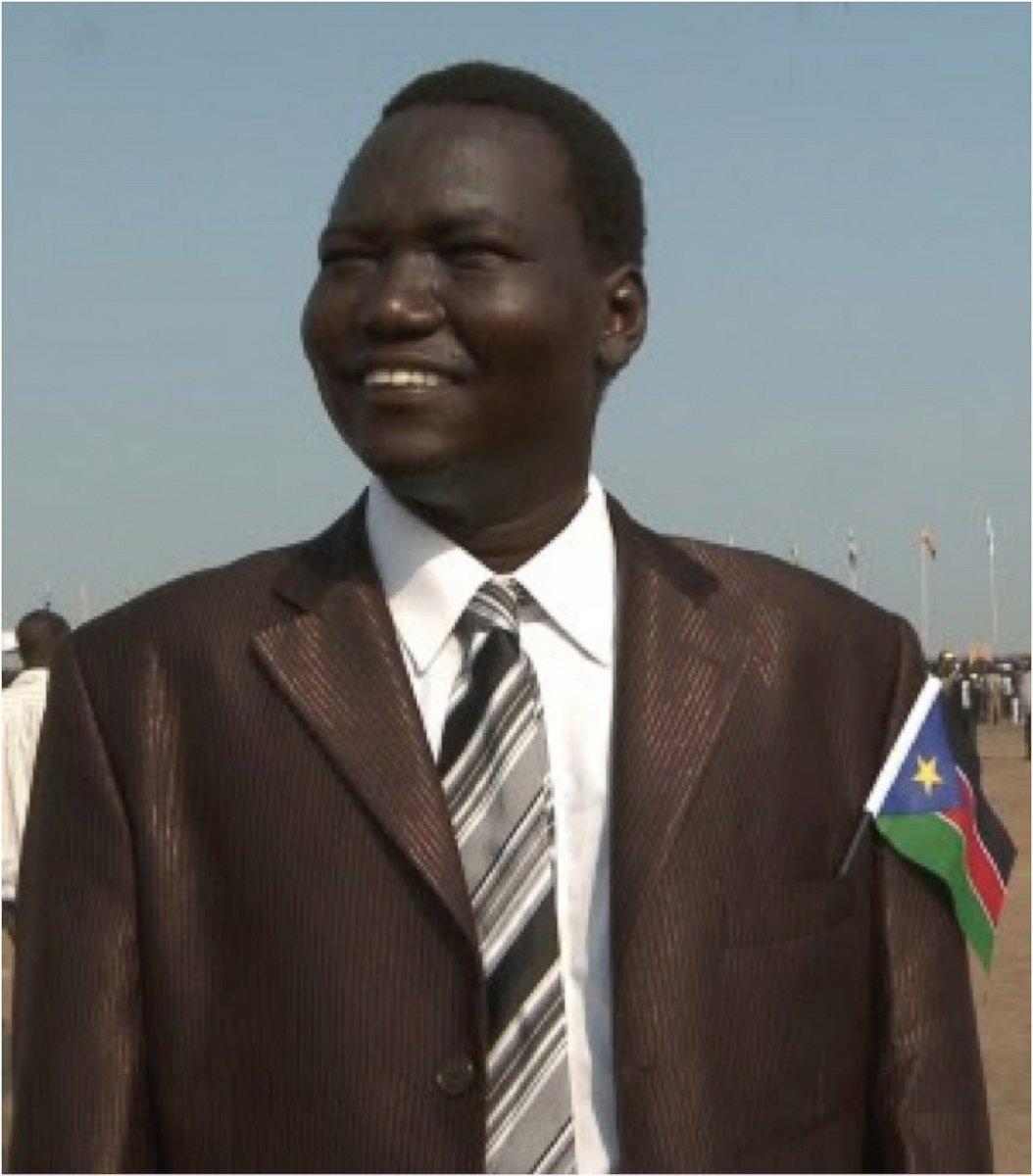
At the gala reception and screening in Washington Wednesday night, these former Lost Boys and others from South Sudan were recognized for their work in the US in a speech by Sasha Chanoff, the founder of the nonprofit RefugePoint.
"They have all become US citizens and are now an essential part of this grand American family," said Chanoff, who has worked with the Lost Boys for 15 years. "They show us that against all odds and in the face of impossible hardship and horror, the human spirit is made up of unbreakable matter."
Witherspoon said that was the message she hoped would hit home in the film.
"They've been through so much as little children and that they had an opportunity to come to America and that they will work three and four jobs just to pay for an education that we take for granted every single day. ... It's incredible, you know? It really makes you appreciate the opportunities that we have as Americans," she said.




